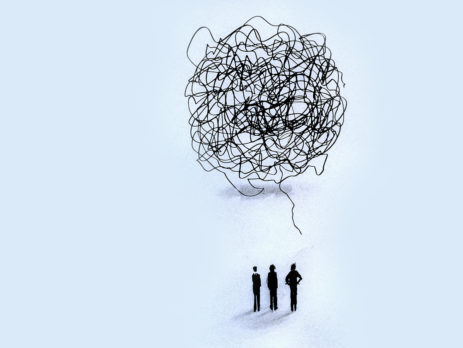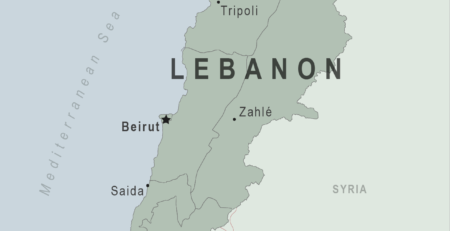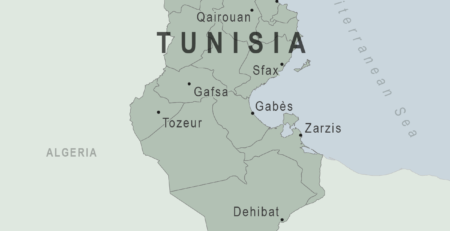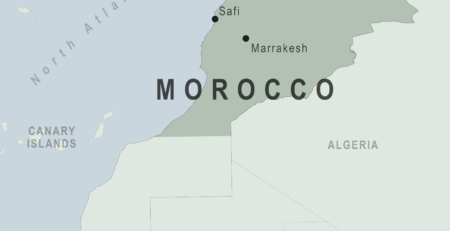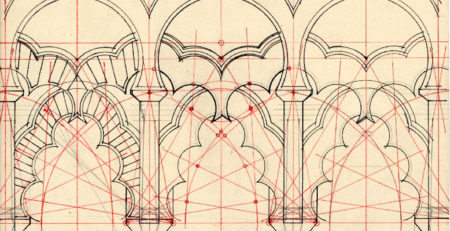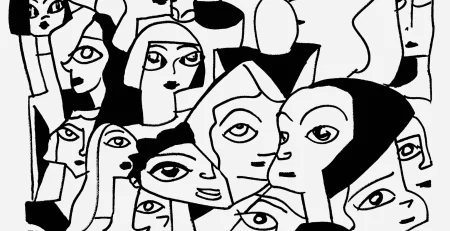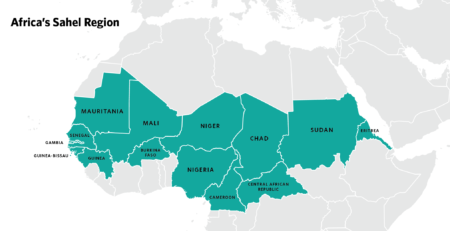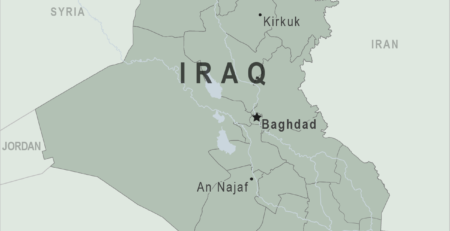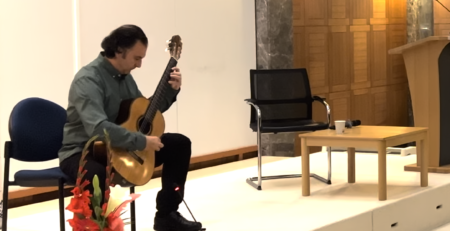Humanitarian mediation
Promoting inclusive humanitarian operations in the MENA and Sahel Regions
Who are we?
Cordoba Peace Institute – Geneva (CPI) is an independent non-profit organisation working on peace promotion. We focus on tensions and polarisations in all societies where Muslims live, and aim to enhance theoretical and practical conflict transformation resources in Muslim majority countries. Founded in 2002, we promote a methodology of conflict transformation adapted to and accepted by local peace actors, parties to conflict and communities. With 20 years of experience, CPI is well-established in Geneva, Switzerland, and has developed unique access and networks in the Muslim-majority world. Our multi-cultural, diverse team of dedicated professionals has enabled us to build relations in both the Western policy and Muslim-majority worlds, guided by our core values of Non-violence, Inclusiveness, Impartiality, Empathy and Independence. CPI has Special Consultative Status with the United Nations.
Context
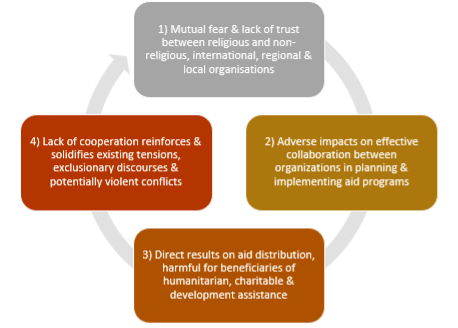
CPI’s “Humanitarian Mediation” (HUMED) program is motivated by four observations concerning the humanitarian and charitable field, that relate to: 1) mutual perceptions, 2) working relations, 3) impact on beneficiaries and 4) conflict sensitivity.
Our belief is that training local humanitarian actors of different religious and non-religious affiliations in conflict transformation and conflict analysis, alongside actors of regional and international organizations, would construct a safe mediation space for diverse religious and cultural profiles to meet and dialogue, in order to develop concrete joint actions in the field.
By enabling humanitarian agencies and charitable organizations with diverse religious and cultural profiles to dialogue, discover common ground and build working relationships, the HUMED program supports the responsibilities and core commitments of the World Humanitarian Summit of 2016. It promotes taking steps to improve compliance and accountability of humanitarian actors; upholding humanitarian norms; reinforcing, rather than replacing, national and local humanitarian systems; capacity-building in conflict analyses and the anticipation of crises; investing in local capacities and empowering national and local humanitarian action; building community resilience; and sharing good practices and lessons-learned.
International humanitarian action: Building trust and working relations
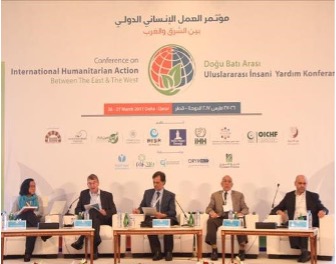
the “Conference on International Humanitarian Action”. Doha, March 2017
Since 2002, CPI has worked on the tensions between humanitarian actors, particularly those between Islamic and “Western”-based organisations, at international and local levels. In March 2017, CPI acted as technical adviser for the “Conference on International Humanitarian Action” in Doha, which gathered 200 representatives of more than 70 humanitarian agencies from Asia, Africa, Europe and America, the UN, OIC and Arab League, and other experts, to discuss how to collaborate and to better meet growing humanitarian needs.
Promoting collaboration between communities across lines of tension

deliver aid to Hikma refugee camp, Lebanon, August 2017
At the local level, CPI’s HUMED methodology also engages humanitarian actors’ communities in joint work for the benefit of the recipients of charitable and humanitarian assistance, promoting better relations between constituencies. In 2017, CPI facilitated the establishment of a Forum of Humanitarian Associations in Lebanon, bringing together six Sunni, Shiite and secular organizations, which meet every month, and implement concrete activities, finding consensus on logistics, project design, identification of beneficiaries, and project implementation.
A similar process in Chad, bringing together Christian and Muslim faith-based charities and international organizations in a safe mediation space, has also been underway since 2015.





